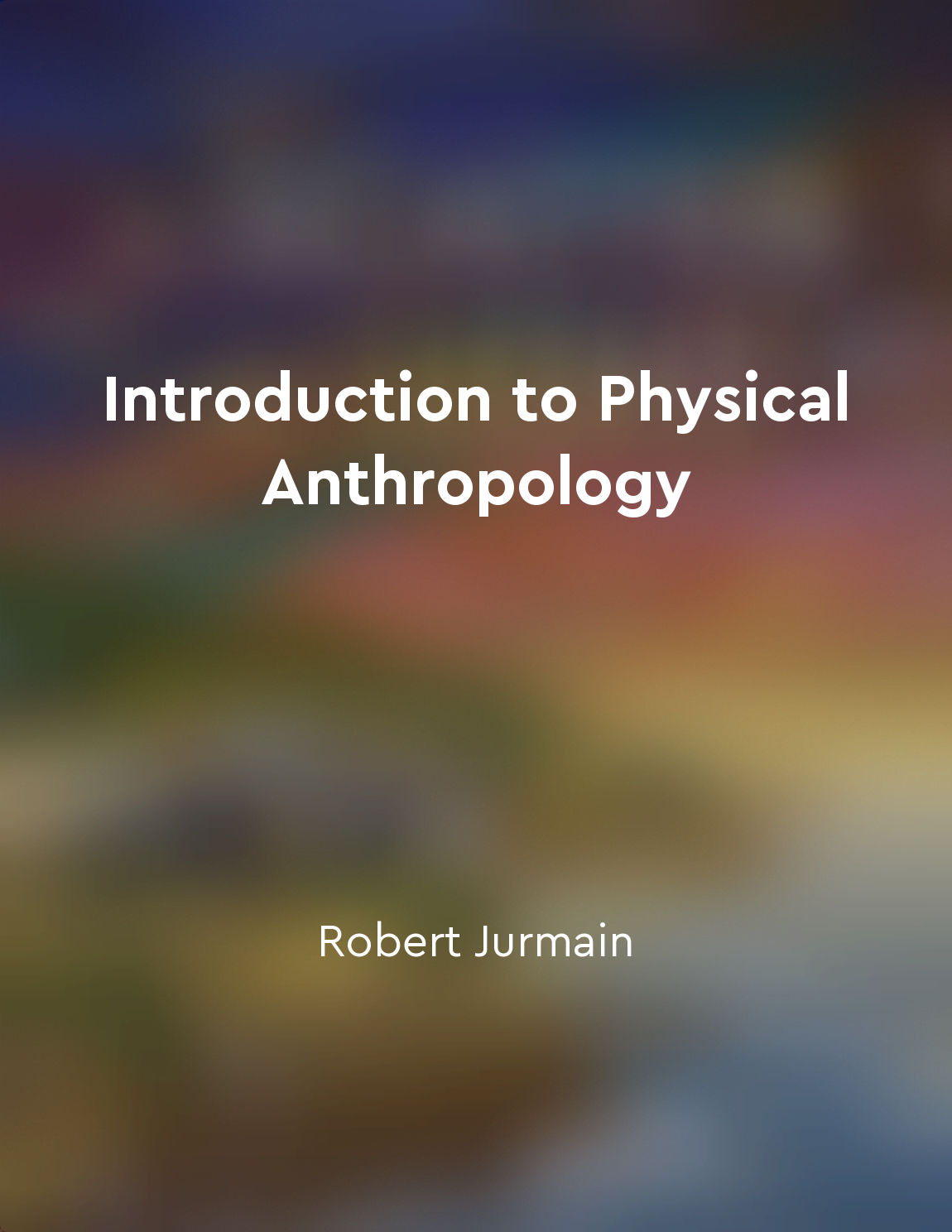Friendliness fosters cooperation and social bonds from "summary" of Survival of the Friendliest by Brian Hare,Vanessa Woods
Friendliness is a powerful force in the animal kingdom, driving individuals to cooperate and form social bonds. This concept is central to understanding how species evolve and thrive in their environments. When individuals are friendly towards one another, they are more likely to work together towards common goals, whether that is finding food, caring for offspring, or defending against predators. This cooperation is essential for survival, as it allows individuals to pool their resources and skills, increasing their chances of success. Friendliness can take many forms, from simple acts of kindness to more complex forms of social behavior. For example, in primates, grooming is a common way for individuals to bond and strengthen social ties. By grooming one another, primates not only maintain their hygiene but also reinforce their relationships, creating a sense of trust and cooperation within the group. This type of behavior is seen not only in primates but in many other species as well, demonstrating the universal importance of friendliness in fostering cooperation and social bonds. One of the key aspects of friendliness is the ability to communicate effectively with others. By being friendly and approachable, individuals are able to convey their intentions and emotions more clearly, reducing the likelihood of misunderstandings or conflicts. This clear communication is essential for building trust and cooperation within a group, as it allows individuals to coordinate their actions and work together towards shared objectives. In addition to promoting cooperation and social bonds, friendliness also plays a crucial role in the evolution of species. Through a process known as self-domestication, individuals who are friendlier and more cooperative are more likely to survive and reproduce, passing on these traits to future generations. This process can lead to the development of traits such as reduced aggression, increased tolerance, and enhanced social skills, all of which contribute to the success of a species in its environment.- The concept of friendliness as a driver of cooperation and social bonds is fundamental to understanding the behavior of animals, including humans. By being friendly and cooperative, individuals are able to form strong social networks, work together towards common goals, and ultimately increase their chances of survival and reproduction. In this way, friendliness is not just a nice trait to have - it is essential for the success and well-being of individuals and species alike.
Similar Posts
Life is a series of interconnected experiences
In the grand tapestry of life, every individual experience is like a thread woven into the intricate design of our existence. E...
Evolutionary psychology seeks to understand human behavior from an evolutionary perspective
Evolutionary psychology delves into the roots of human behavior, tracing its origins back to our evolutionary past. By examinin...
Habits are formed through repetition and reinforcement
The concept that habits are formed through repetition and reinforcement is a fundamental principle of human behavior. When we p...

Primate behavior can shed light on human social structures
Primate behavior offers valuable insights into the social structures of humans. By observing primates in their natural habitats...

The study of genetics helps us understand human variation
The study of genetics is essential in understanding the variation that exists within the human species. By analyzing the geneti...
The mind can be trained to focus and concentrate
The mind, as it turns out, is surprisingly malleable. It can be trained, through meditation, to focus and concentrate. This abi...

The study of human evolution is a dynamic and evolving field
The field of physical anthropology, specifically the study of human evolution, is constantly changing and evolving. New discove...
The human brain is highly adaptable
The human brain is a marvel of evolution, finely tuned to adapt to a wide range of environments and challenges. Throughout our ...

